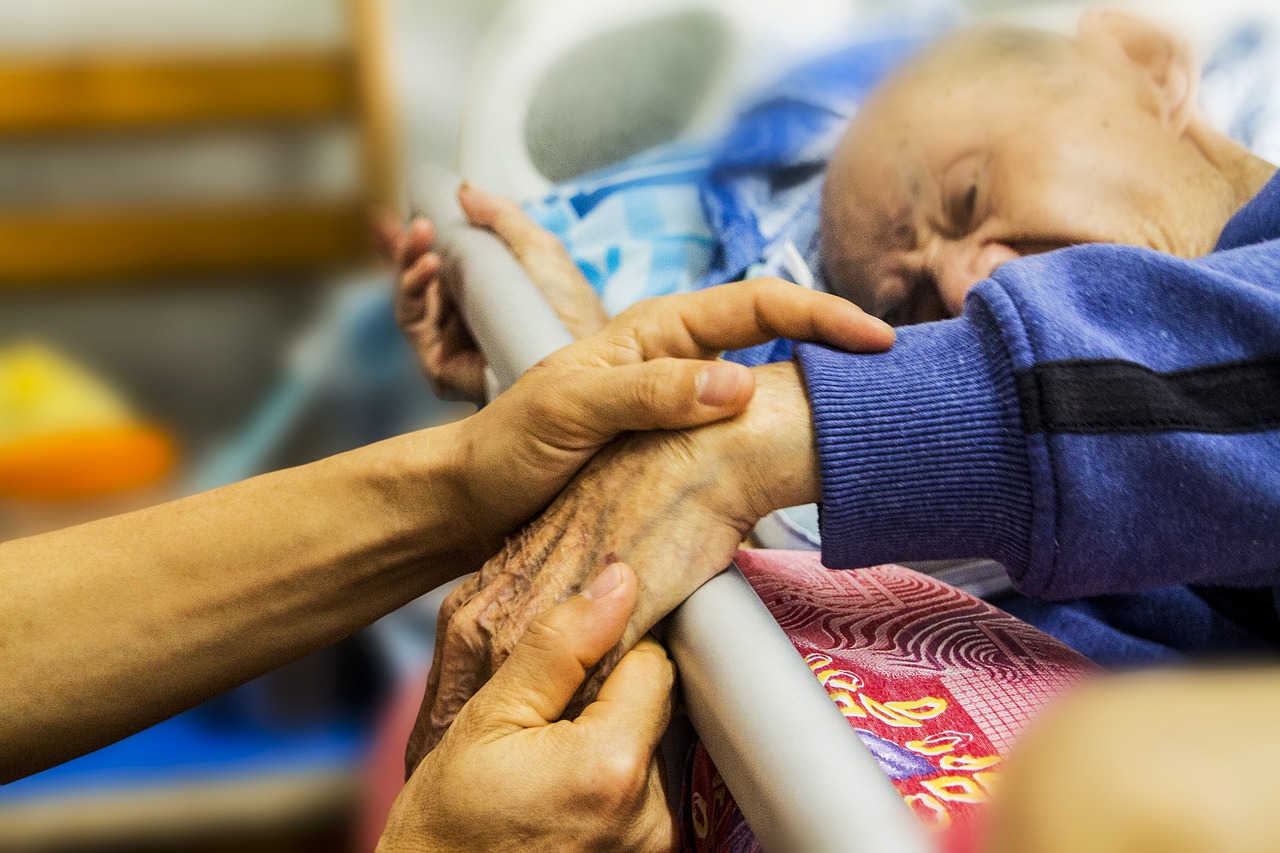The Role of the Palliative Patient Caregiver
 Palliative care is a relatively new and growing field. The definition of a person who needs palliative care ranges from a patient with chronic health problems that could become terminal, to a patient who is on their final rounds of chemotherapy.
Palliative care is a relatively new and growing field. The definition of a person who needs palliative care ranges from a patient with chronic health problems that could become terminal, to a patient who is on their final rounds of chemotherapy.
This means the caregivers of palliative patients face a wide variety of needs from their loved ones. However, there are characteristics all palliative caregivers have in common. Here are three experiences palliative caregivers will likely encounter in their role.
1. Supporting their loved one’s goals.
This could mean medical goals, spiritual goals, family goals and beyond. For example, one palliative caregiver I worked with was caring for a family member with stage 4 cancer. Their doctor told the family the patient’s cancer likely wouldn’t respond well to chemotherapy. However, the patient wanted to continue on chemotherapy and hoped for a miracle.
As time went on, it became clear the patient was growing more sick and would not be getting better. Instead of trying to convince the patient that she wasn’t getting better, the caregiver was able to support the patient’s goal of trying chemotherapy while also using palliative services to ensure the patient’s comfort.
When it became clear the patient needed to go on hospice services, the caregiver, nurse practitioner and social worker came together to help the patient accept her decline and transition to hospice, without discounting the hope the patient had that she would get better.
Knowing and supporting the goals of your loved one when they are on palliative services is crucial for the caregiver in order to help their loved one feel respected and comfortable.
2. Accepting help when it is offered.
If you have already done some reading on caregiving, you may be saying to yourself “Yeah, yeah, I know I need to accept help already!” If you haven’t accepted or asked for help, ask yourself “Why not?”
Is it because you don’t want to seem weak? Or you feel you are the only one who can care for your loved one the right way? Trying to be a caregiver alone is a recipe for burnout. Often, help can be found in places we least expect.
A palliative caregiver I worked with needed help getting his loved one to dialysis three days per week. I suggested he ask his church, which he had been a member of for many years, if they could help. When he asked, his church drew up a schedule of church members who would take his loved one to dialysis for an entire month!
I’ve met caregivers who may be estranged from their families, or who do not have friends in their lives who can help. If this is the case, try to find a caregiver support group in your area, or join an organization with which you share an interest. Call your local Area Agency on Aging to access respite services funded by federal grants so you can leave your home for a few hours each week and get support.
3. The need to laugh!
When is the last time you laughed? If it was more than a few days ago, it’s time to change that. Many palliative caregivers find great joy in caring for their loved ones, but even these caregivers can have periods of feeling miserable and trapped, as if they no longer control their own lives.
Laughter truly is the best medicine for warding off these feelings. Try to find the humor in your daily caregiving tasks, or make sure to turn on a funny television show during the day. It can also be helpful to keep a gratitude journal that you write or record in before bed. You can journal something as small as seeing a pretty flower today. This exercise has been scientifically proven to bring more joy and laughter in your life.
Caregiving can bring so much joy. Remembering what the end goal is for your loved one, accepting help and remembering to laugh will help caregivers, and their loved one, experience that joy.
Jessica Burche
Social Worker LMSW
Crossroads Hospice
If you found this information helpful, please share it with your network and community.
Copyright © 2016 Crossroads Hospice. All rights reserved.




